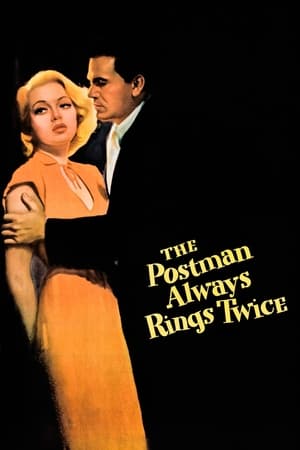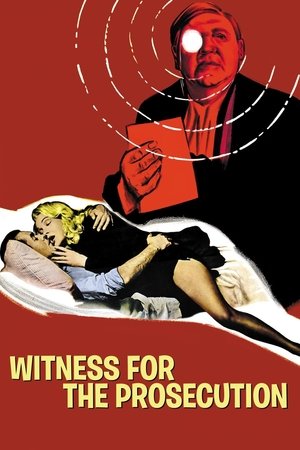Overview
A writer leaves his upper-class life and journeys with a woman claiming to be his sister, and her two friends.
Reviews
When Leos Carax's film POLA X premiered in 1999, it was seen then as part of the New French Extremity movement, with critics and audiences picking up on its unsimulated sex scene. Yet that forms only a brief few minutes of quite ample film. Two decades on, audiences of today ought to look past the sensation and appreciate the film for what it really has to offer: a convincing contemporary take on Hermann Meville's psychological novel PIERRE, and the way Carax interweaves Melville's structure of 19th-century wealthy elites with harrowing references to contemporary France, Bosnia and the plight of Balkan refugees.
The son of a deceased diplomat of some note, Pierre (Guillaume Depardieu) lives in splendor in rural France, in a manor house with his widowed mother (Catherine Deneuve). Things are going well for young Pierre: a novel he has written has become a bestseller and he is engaged to the lovely Lucie (Delphine Chuillot). But then he encounters a mysterious woman named Isabelle (Yekaterina Golubeva) who tells him in broken French that she is his half-sister, born to Pierre's diplomat father and an unknown Balkan woman. Isabelle is in fact less a character and more a spectral presence that haunts Pierre's life. Intrigued by this otherworldly creature, Pierre gives up his privileged existence and enters into a vividly depicted bohemianism that brings about his physical and mental decline.
POLA X prefers to tell its story more through visceral images than dialogue. In fact, the dialogue is deliberately stilted, allowing the film to dip in and out of its basis in Melville’s 19th-century novel. So much of the story of Pierre's decline is told through the bucolic idyll of the first half of the film and the brutal squalor he later chooses. This imagery is so strong that even if POLA X feels somewhat too tentative about itself to rank as one of the all-time greatest films, it has haunted this viewer's thoughts since watching it.
Another nice touch of POLA X is the close way in which Carax worked with the composer of the film's score Scott Walker, who was then fresh from his acclaimed album TILT. When Pierre leaves home after meeting Isabelle, he enters into a bizarre community of artists in an industrial setting, who seem to be hiding sinister plans behind their avant-garde work. It is here that Walker's score goes from the subdued strings of the first half of the film into brasher, more aggressive sounds. Carax has set things up so this music is both diegetic and non-diegetic, part of the outside narration of Pierre's psychological decline and contemporary political strife as much as the film's action itself.

 134 min
134 min
 5.439
5.439
 1999
1999
 France
France
 CRCulver wrote:
CRCulver wrote:



















